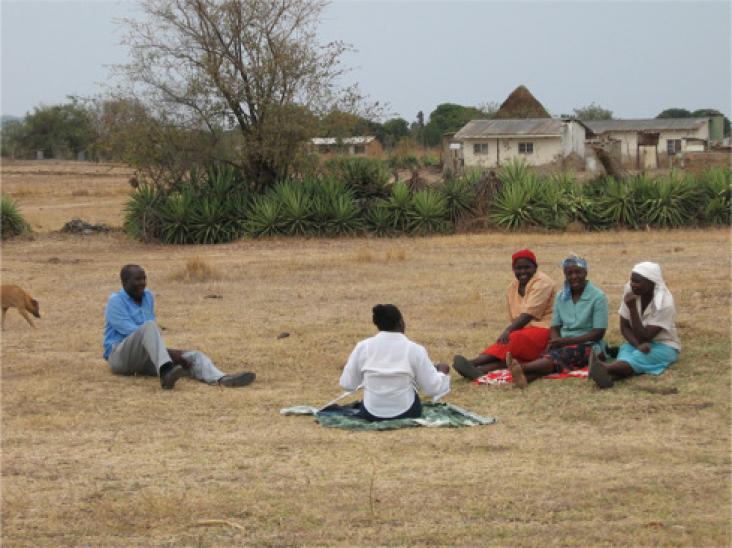Handbook of Aging and the Social Sciences (Ninth Edition) Handbooks of Aging 2021, Pages 131-149
Barefoot Global Health Diplomacy, Field Experiences in International Relations, Security, and Epidemics, 2021, Pages 27-49

Human Sexuality, Function, Dysfunction, Paraphilias, and Relationships, 2021, Pages 63-105
Biosignal Processing and Classification Using Computational Learning and Intelligence: Principles, Algorithms, and Applications, Volume , 1 January 2021
Treatments, Mechanisms, and Adverse Reactions of Anesthetics and Analgesics, Volume , 1 January 2021
Food Fraud, A Global Threat With Public Health and Economic Consequences, 2021, Pages 23-43
